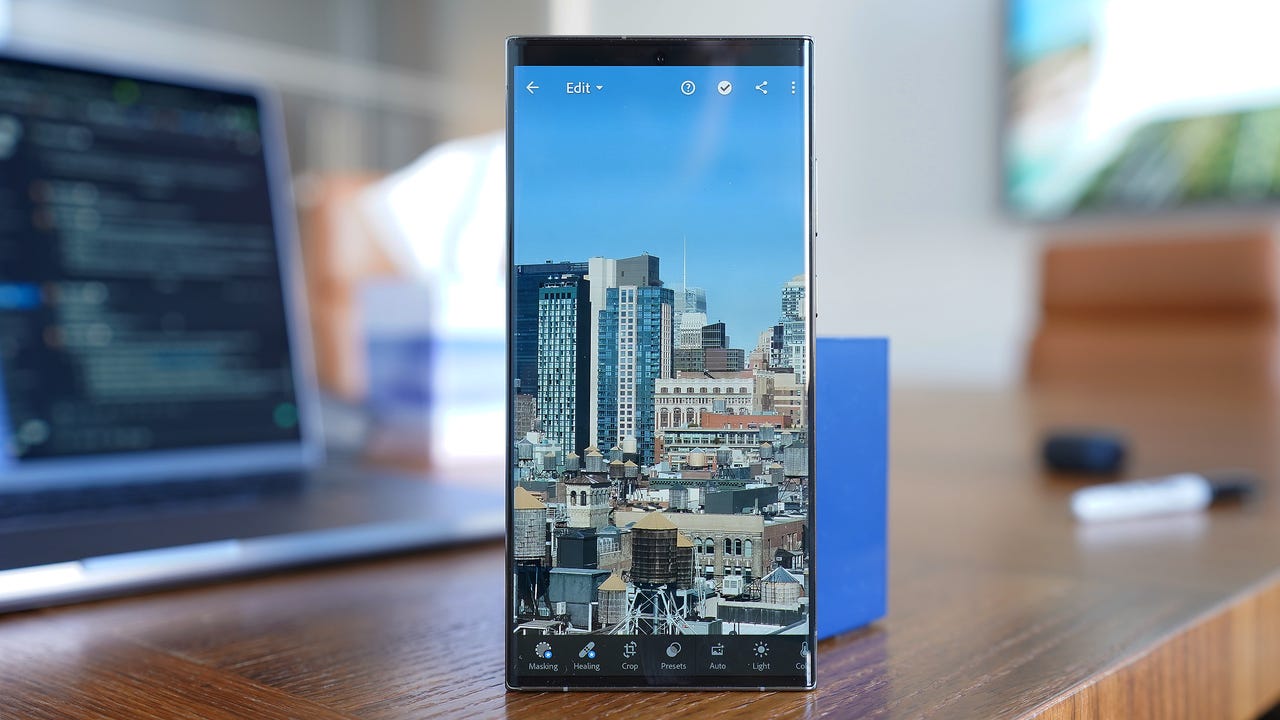































 June Wan/
June Wan/ It's the hottest duo in 2023, and no, I'm not talking about Gen Z and their old-school flip phones.
I'm talking about generative AI, the learning models that have sparked a boom for creative (and sometimes harmful) text, images, videos, and even audio generation.
Also: Today's AI boom will amplify social problems if we don't act now, says AI ethicist
For what feels like a while now, generative AI has only been accessible through servers of data connected to the internet. But during the company's annual Build event, Microsoft announced that it's partnering with Qualcomm to accelerate the wireless technology maker's on-device computing efforts.
Basically, your next smartphone, laptop,oreven car may have the chipsets and systems needed to generate content at will, even with Airplane Mode turned on.
"For generative AI to become truly mainstream, much of the inference will need to be executed on edge devices," said Ziad Asghar, Senior Vice President of Product Management at Qualcomm Technologies, in a Tuesday press release. These "edge devices" that Asghar refers to include smartphones, tablets, laptops, cars, and other IoT products.
Also: AI art generator: Qualcomm gets Stable Diffusion running on a smartphone
To enable most, if not all, future Qualcomm-powered devices to perform generative AI tasks, the company is promoting its own AI Stack, a unified developer platform that allows OEMs and developers to create, test, and mass distribute their applications. Programs developed by the Qualcomm AI Stack can be deployed across all the aforementioned edge devices.
Stable Diffusion allows a Windows on Snapdragon device to generate images from text locally.
QualcommAnother solution for scaling on-device AI: Windows on Snapdragon, a Qualcomm-Microsoft collaboration that was first introduced with the Surface Pro X. Future Windows 11 PCs will boost Qualcomm's latest Snapdragon 8cx Gen 3 processor, which features a built-in neural processing unit (NPU) for dedicated AI experiences that's more efficient than traditional CPUs and GPUs.
In fact, if you own aMicrosoft Surface Pro 9 5G or Lenovo ThinkPad X13S , you can take advantage of Qualcomm's on-device AI features today.
Also: All the major Bing Chat and AI announcements from Microsoft Build 2023
Besides gaining the benefit of creating images, paragraphs of text, and other visual assets from your personal devices without needing to connect to the internet, Qualcomm's advancements in Stable Diffusion and on-device generative AI point to a future where machine-learning workloads require less time and resources, and are more secure thanks to all the data being localized.
That alone should excite consumers, developers, and business users alike about the future of generative AI.
 Tags chauds:
Notre processus
Intelligence artificielle
Innovation et Innovation
Tags chauds:
Notre processus
Intelligence artificielle
Innovation et Innovation